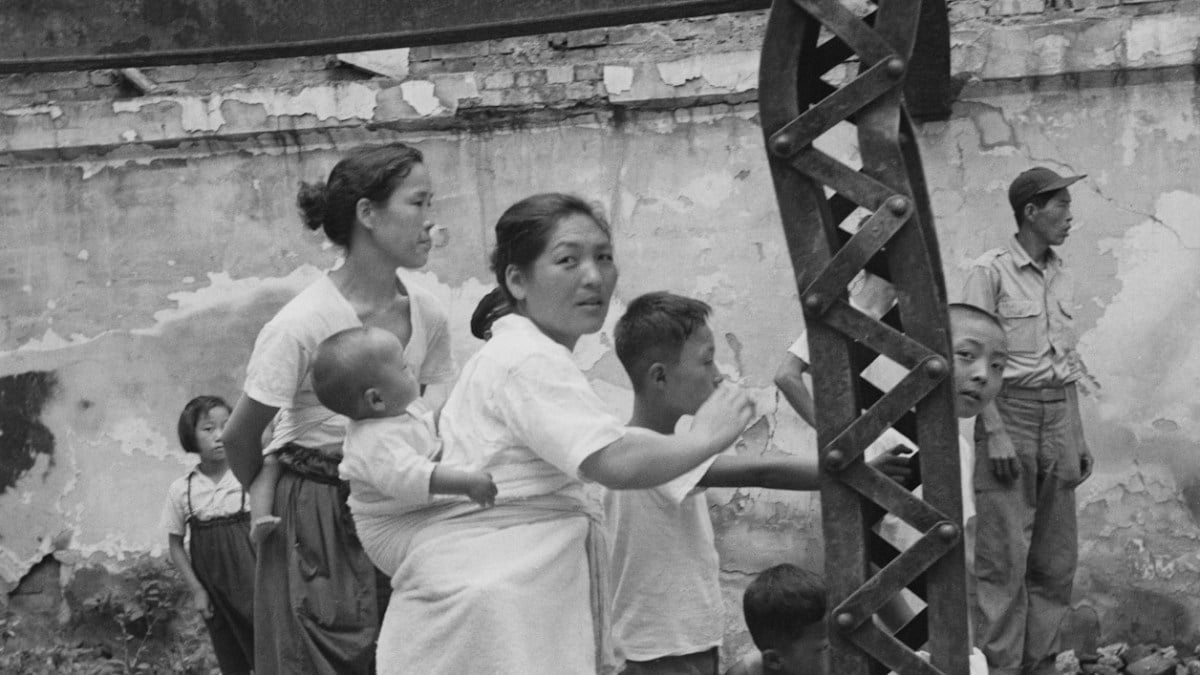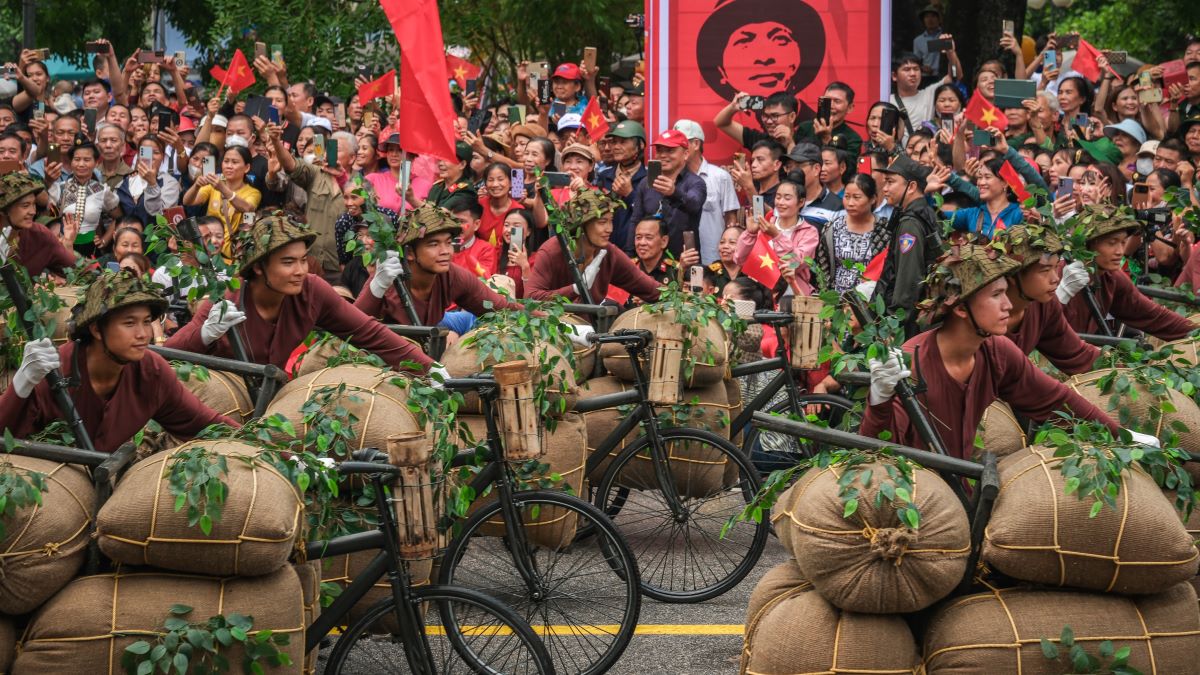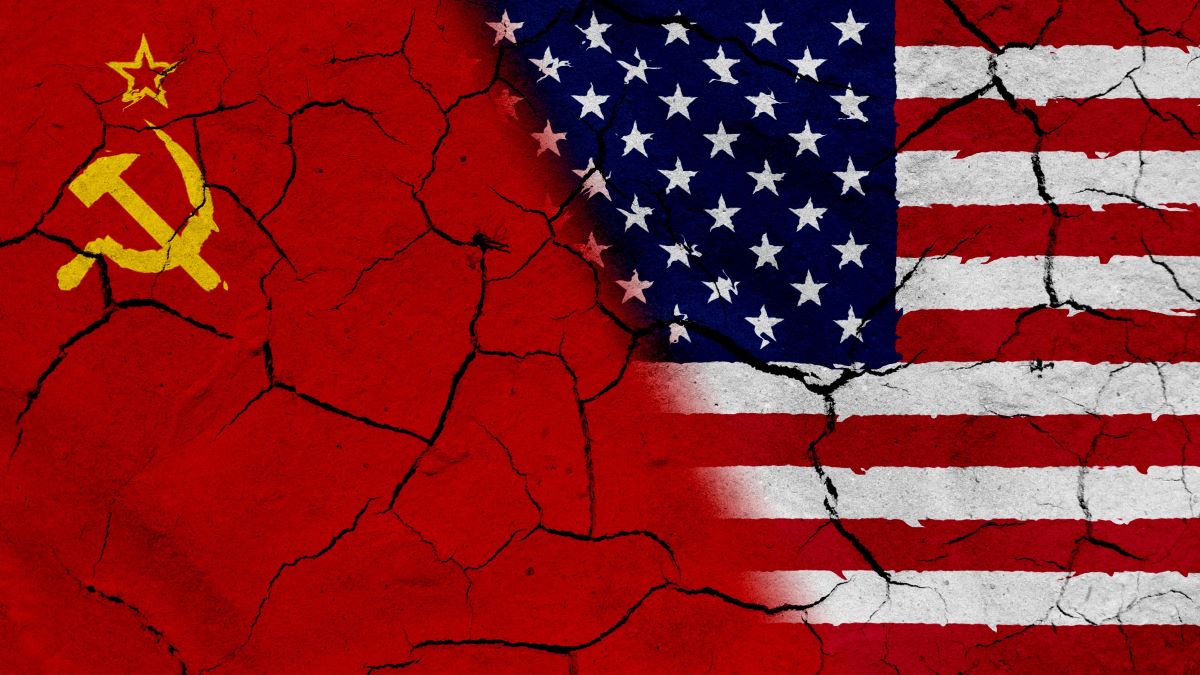The world was a very different place after World War II. The Allies, including Europe and the United States, were forced to carve out territory between the communist states of China and the massive U.S.S.R. This action meant that Korea would be cut in half along the 38th parallel, with Russians occupying the North and the United States in the South. Eventually the North invaded the South, and the Korean War began. But what was its conclusion?
The Korean War is also known as “the forgotten war,” because it never really got much attention in the States. In fact, most people knew about it because of the hit TV show M*A*S*H, a show set in a field hospital at the time. The war lasted from 1950 to 1953, and despite its relatively short run, it was incredibly vicious and more than 3 million people died, the majority of which were civilians, including thousands of women and children.
By 1950, the two new states were officially known as North Korea and South Korea. The North was led by communist dictator Kim II Sung, and the South was led by Syngman Rhee, a dictator as well, although an anti-Communist one, which the Americans begrudgingly supported. This was also the period of the Cold War, when the United States and the U.S.S.R held a kind of shadow war that avoided an all-out conflict that would surely lead to World War III.
There were border skirmishes pretty regularly, and almost 10,000 soldiers were killed on each side before the war even began. Still, no one expected the North to actually invade the South. The conflict was viewed as an existential one to the United States; if it sat by and did nothing, the line of thinking was that Russia would systematically gobble up country after country and turn the whole world Communist.
President Harry Truman saw the battle as a global fight between good and evil. When North Korea pushed its way into Seoul, the capital of the South, in June of 1950, America decided to get militarily involved. The plan was to simply oust the North, but it was not an easy battle by any measure, as the North Korean army was surprisingly well-trained and very disciplined, and the Southern armies were pretty much the opposite.
To make matters more difficult, 1950 marked one of the hottest summers ever in the area, and American soldiers were ravaged by diseases because they often drank the water from rice paddies, which were contaminated with human feces. At the end of the summer, Truman and his appointed commander in charge of the war, General Douglas MacArthur, decided to switch tactics. This was now an offensive war with a plan to liberate the North from Communist rule.
The Americans were successful, at first. They pushed the North back beyond the 38th parallel, but when they headed North, China got involved. By October 1950, Chinese leader Mao Zedong sent Chinese troops to North Korea and told the United states to keep away from the Chinese border or else there would be a full-scale war. A large war probably meant atomic weapons and the death of countless millions, so Truman backed off while MacArthur tried to convince everyone that war with China was a good idea. After MacArthur leaked a letter to the press saying there is “no substitute for victory,” Truman fired him for insubordination.
By July of 1951, Truman was involved with peace talks as the fighting along the parallel continued. The two sides agreed to a ceasefire but couldn’t agree on what to do with the prisoners of war, so the negotiations stalled and the war reached a stalemate. Then Dwight D. Eisenhower was elected.
“We could not stand forever on a static front and continue to accept casualties without any visible results,” President-elect Eisenhower said on Dec of 1952. “Small attacks on small hills would not end this war.” Still, the war dragged on.
Eventually, after negotiating for more than two years, an armistice was signed on July 27, 1953 – effectively ending the war. Under the terms of the agreement, POWs could either leave or stay where they were, and a new boundary was created that gave South Korea more than 1,500 square miles. It also created the fabled 2-mile demilitarized zone, which continues to exist today.







